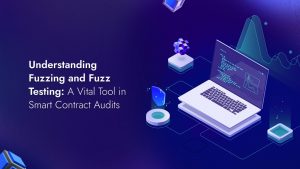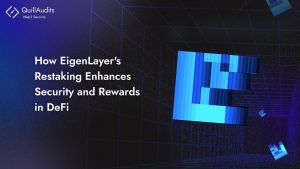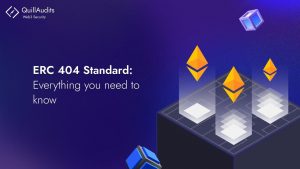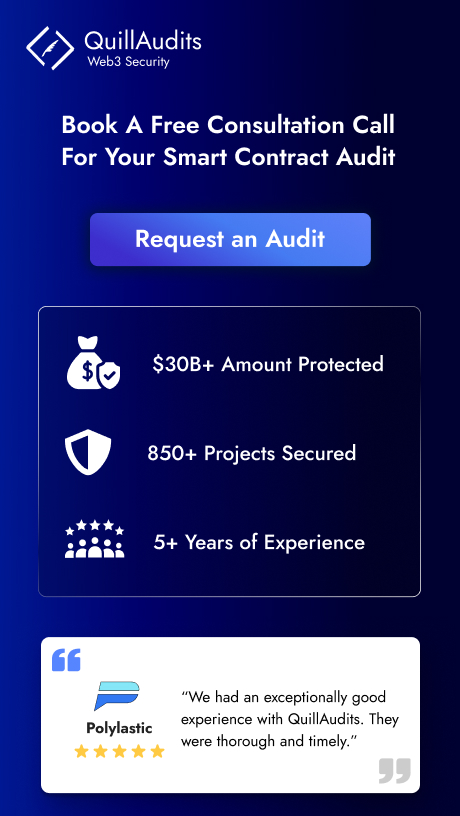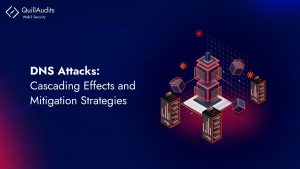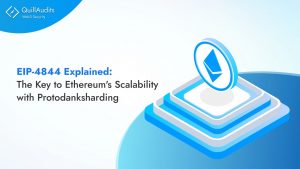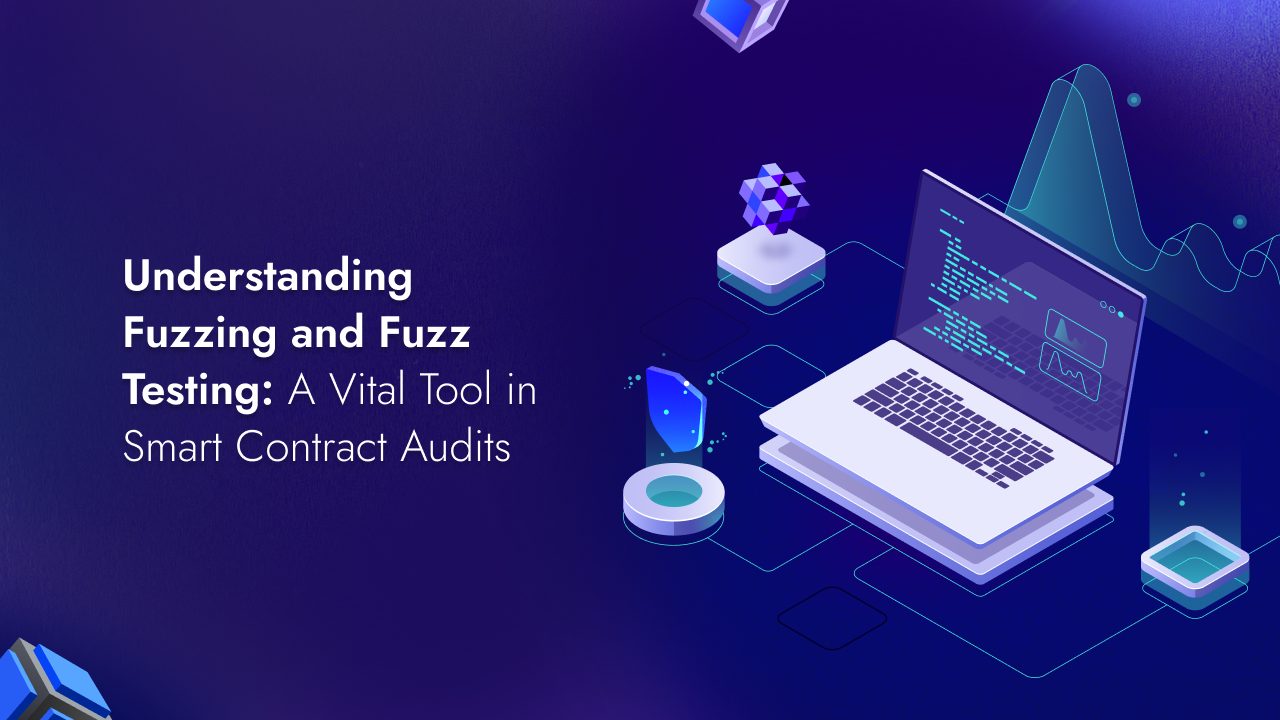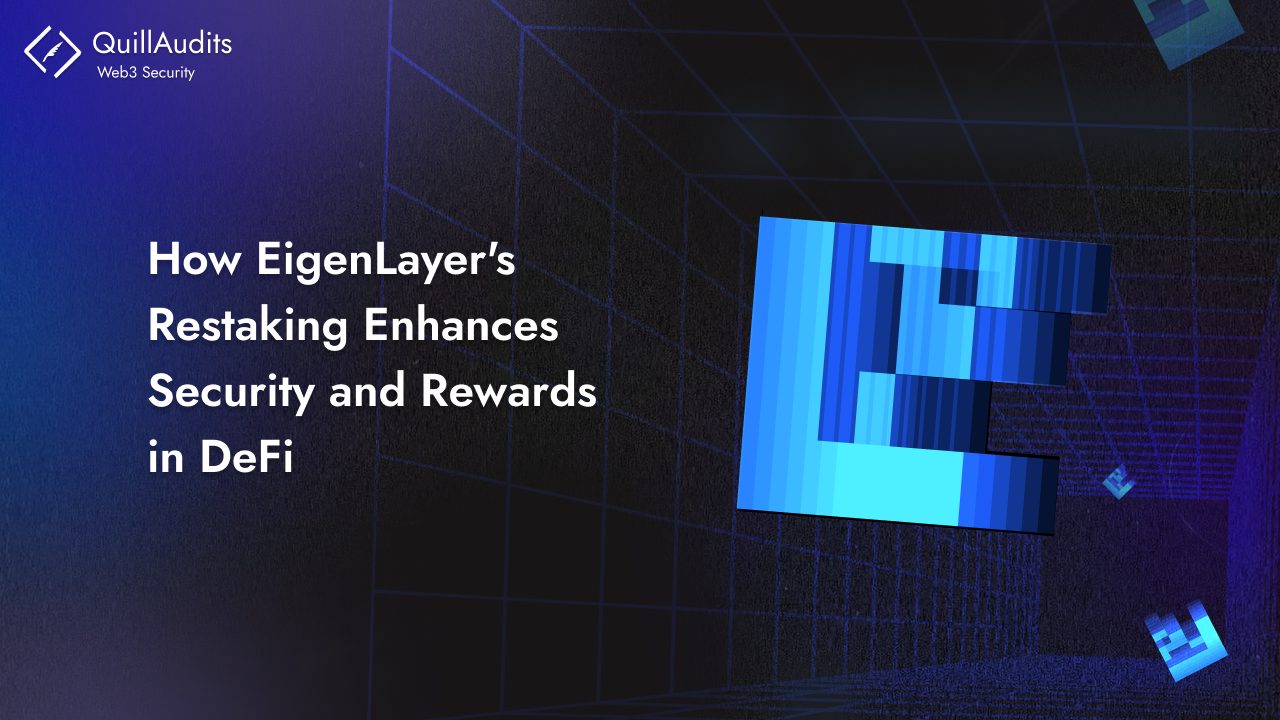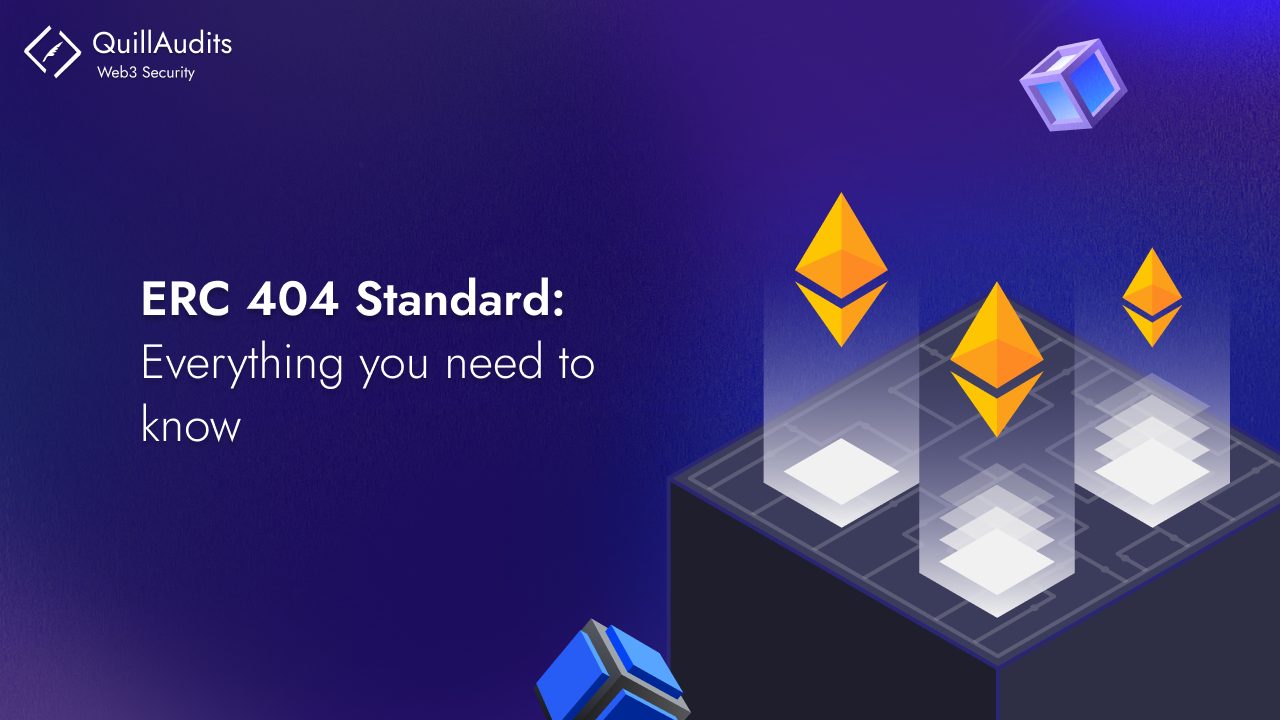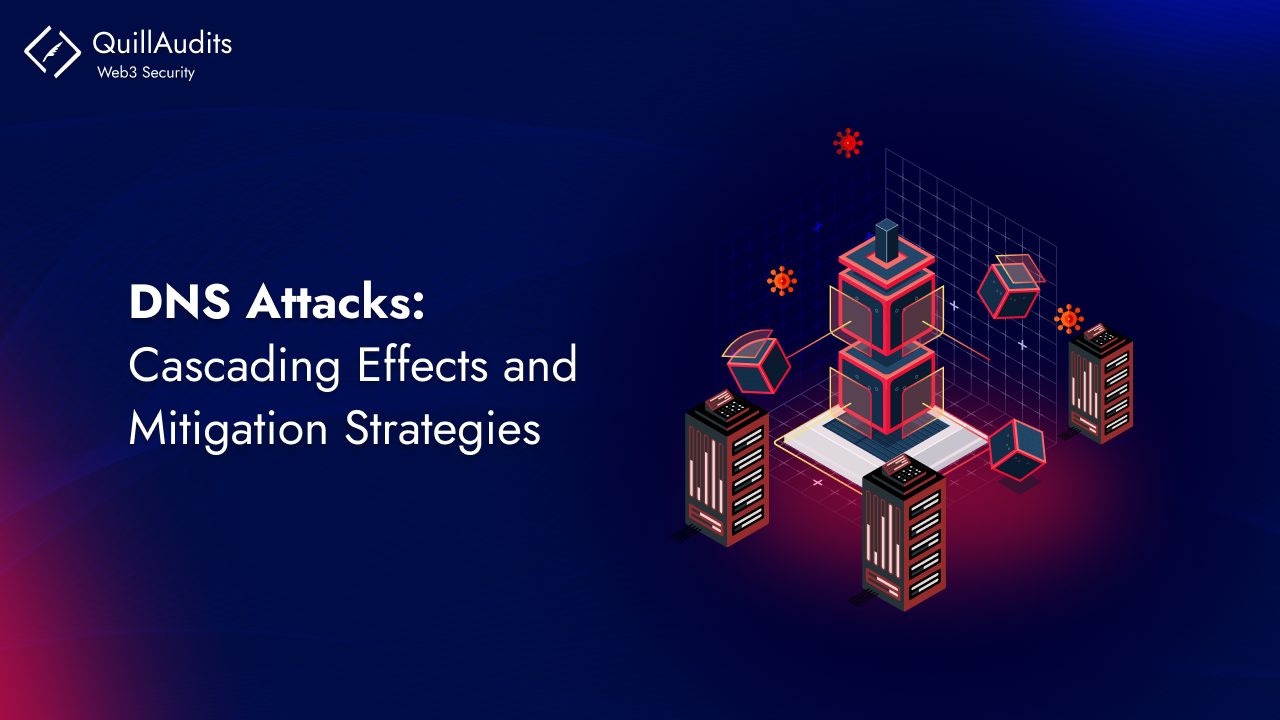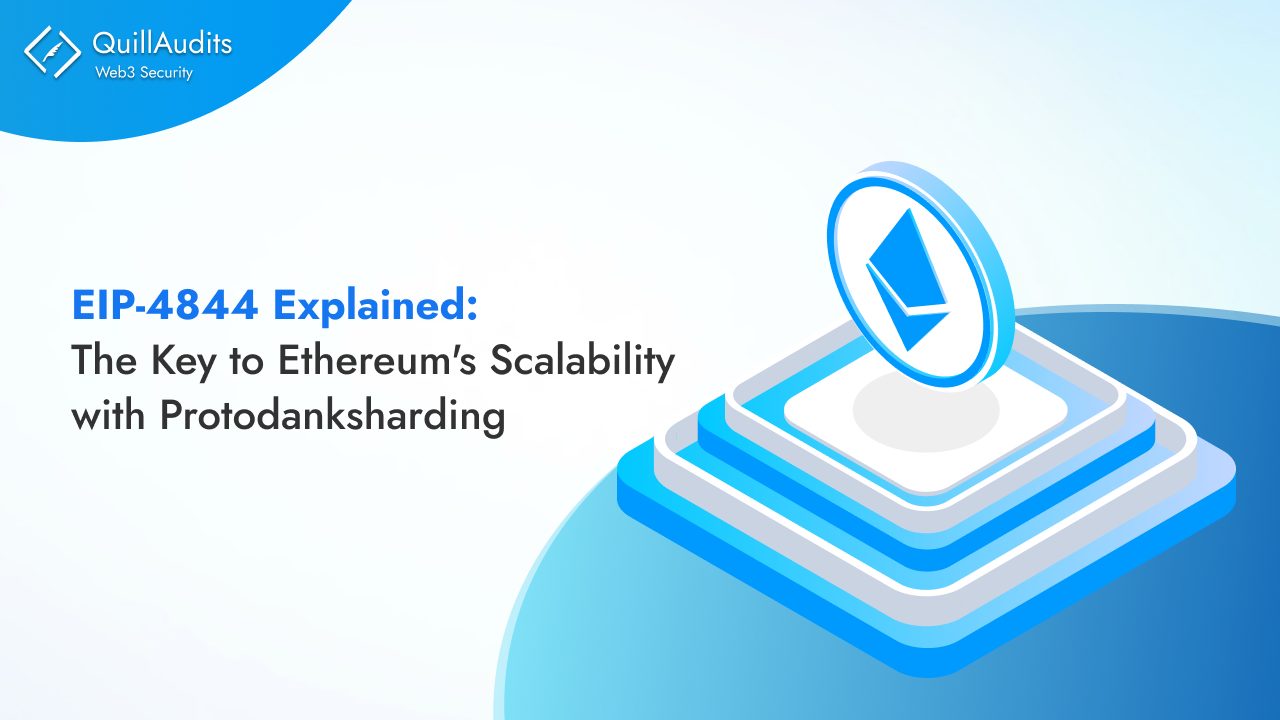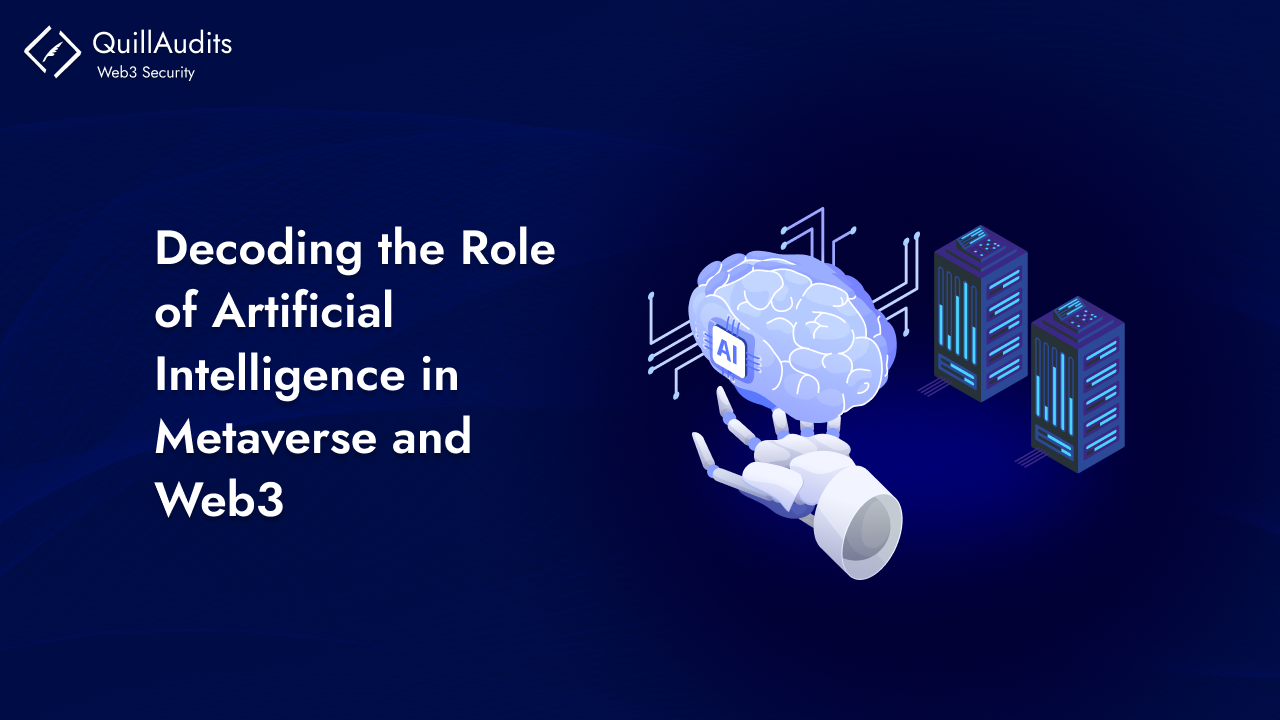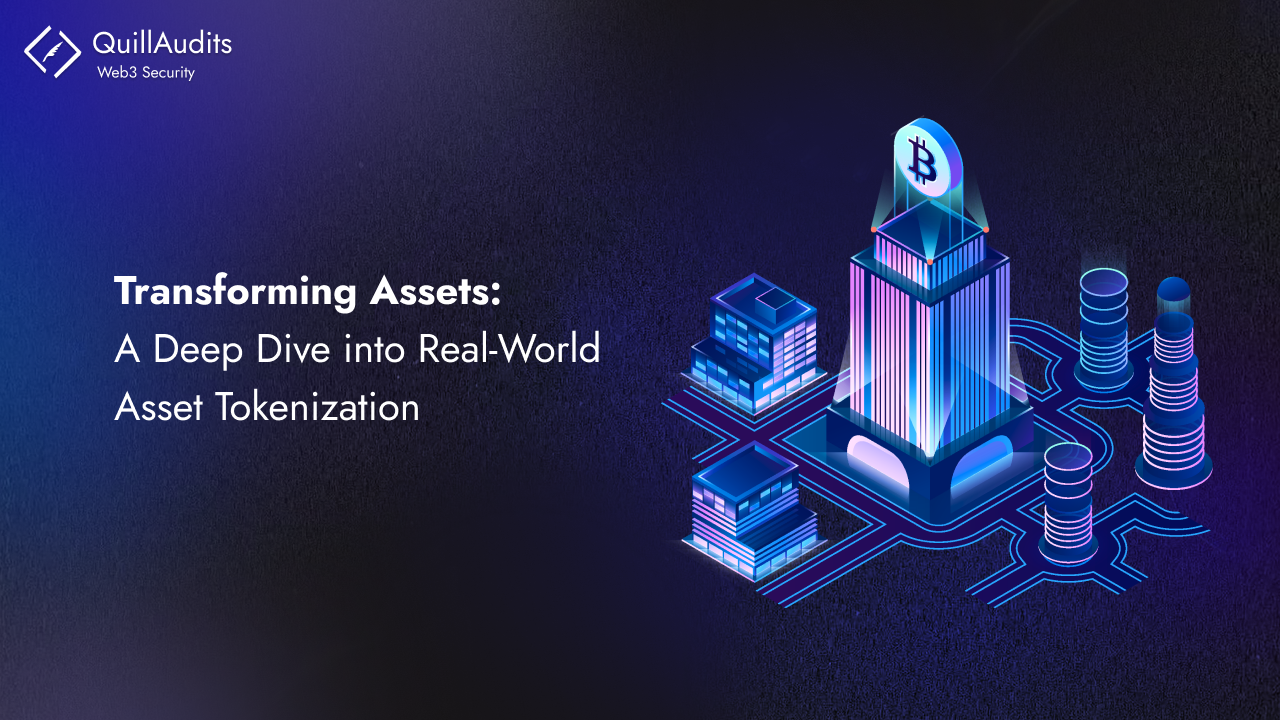Smart contracts are computer protocols that digitally facilitate the verification, control or execution of an agreement. For Decentralised Finance or DeFi, smart contracts play a crucial role. However, they are also one of the most vulnerable parts of the DeFi ecosystem. This blog will discuss the importance of DeFi smart contract audit.
The hacks that we read about in the news or the unprecedented losses incurred by people using DeFi services are caused due to unaudited smart contracts. But before we proceed towards knowing the importance of getting smart contracts audits, it is equally important to know how they work and where they are used.
Smart contracts run on the blockchain platform, where the functionalities of a smart contract are used to facilitate transactions. The major three objects of smart contracts are- signatories (use digital signatures), the subject of the contract, and the specific terms of the contract. Smart Contacts are used in almost all fields wherever Blockchain is used such as healthcare, insurance, in the supply chain, in Financial Services, for legal processes, ICOs and even in Government voting systems and Business Management.
Benefits of having DeFi projects Smart Contracts
The first and most obvious benefit of having smart contracts to enforce the terms and conditions of your transaction is that they are huge cost savers as they don’t let 3rd person involvements. Moreover, as they run on blockchain platforms, there is no need for added security or taking regular backups for your data security. When it comes to speed, they are much faster as compared to the traditional process as computer protocols automate tasks, further eliminating the chances of any errors and enhancing its accuracy. Also, the point to note is that blockchain is a shared database among many companies and many different people. Thus no single person/company or body has any control over it which makes it a biased system. At the same time, having multiple parties keep a shared record makes it unhackable.
Now, to address the biggest question that comes to our mind- Are smart contracts legally enforceable?
Legal enforcement of Smart Contracts
On 18 November 2019, the Chancellor of the High Court, Sir Geoffrey Vos, in his capacity as Chair of the UKJT, launched the findings of the UKJT’s consultation, set out in a document entitled Legal statement on crypto assets and smart contracts. The key finding was that smart contracts have all the capacity of satisfying the legal requirements of English law Contract formation principles and thus they can be interpreted and enforced using ordinary or well-established laws or legal principles. Thus, these can be enforced by the courts and this will further help in bringing some market confidence.
This may be just one example in just one country, but it shows the potential of smart contracts to replace the traditional contracts and introduce a plethora of benefits in every domain. However, there is still one major bump in the road that needs to be understood.
Need of getting Defi Smart Contracts Audit
Although the underlying Blockchain technology of a smart contract is safe from hackers, if we fail in maintaining a high level of security and code quality, the project may experience a hacker attack. Thus, cybersecurity is extremely important for smart contracts, failing in this will not only bring us huge funds loss but also will lock down the assets on contract forever. Moreover, these contracts are legally enforceable. Thus, smart contracts audit is strongly recommended.
A smart contract security audit is a technical assessment of a blockchain application and related artifacts. The main aim of getting the audit of the smart contracts is to detect and eliminate smart contract vulnerabilities and also to keep a check on the reliability of the contract’s interactions. This is done in two ways- Manual (is done by independent auditors and compiles a report on completion) and Automated parts (is done by running software tools run over codebase); by just following four primary steps- Assessment, Verification, Testing and Reporting.
Past references to stay safe in future
Further, we will try to talk and explain some very important smart contracts audit issues that one must keep in mind while kicking bugs and errors out of projects. But before that, I believe in learning from past experiences before making strategies/plans for the future. So, let’s look upon some previous cases/projects that suffered from hacking due to their unaudited smart contracts.
- bZx – $645 000 loss
- Parity – $150 000ETH loss
- Lendf.me – $25m loss
- The DAO – $55m loss, etc.
Challenges you may encounter during DeFi Smart Contract Audit
Getting a smart contract audited needs your undivided attention. You can not just simply find a company to do that for you. There are multiple challenges that you will face while getting your smart contract audited such as:
- Smart contracts face a variety of vulnerabilities, most common include- Reetrancy Attacks, replay attacks, Short address Attacks, reordering Attacks. An audit needs to be thorough enough to address all the possible attacks.
- Some smart contract audits can take a few days or even a month to complete. The thing to note here that the duration of the audit depends upon the type of smart contract audit and the scale of the contract. Even if you want to go to the market as quickly as possible, you need to make sure it is audited properly.
- If you wish for an accurate smart contract audit, then the challenge for you can be hiring experienced and trusted auditors only such as QuillAudits.
Apart from these listed challenges, there are some technical challenges as well. For instance, a new audit may require large structural changes. So it is highly recommended to initiate the smart contract audit process only on completion of the development cycle. Secondly, if the document misses some information or is incomplete, we can face the challenge of accurately matching the code’s functionality with the author’s intent. The final challenge can be convincing clients while compiling and presenting the audit report that it is the complete and most thorough report generated. Getting the report from a well-known company.
The smart contract Audit process / How smart contract audit actually works?
Previously, in this article, we talked about two approaches to get the audit done- Manual and Automated. Here we will see a well-defined approach that can be followed to provide the best audit for the smart contract.
- Specification
- Running Tests
- Running automated Symbolic execution tools
- Manual analysis of the code
- Creating the report
This approach not only shortens the whole process by letting the audit and code fixing go simultaneously; with only the goal in mind of finding and fixing issues in place of focusing more on generating a good-looking report.
Conclusion
To sum it all up, examples of countless high-profile projects losing a huge amount in the past have made us all aware of the dire need for a quality smart contract audit. Even if you get your smart contract audited, it does not necessarily mean that it will stay secure from future attacks forever. With the evolution of DeFi, the rules of the audit also keep on evolving. In some cases, any dependence on an oracle or another contract may lead to a new vulnerability with their modifications. Therefore, regular audits should be your preferred approach.
Get your smart contracts audited from a company like QuillAudits that keeps up to date with the latest trends in the DeFi world. The experts at QuillAudits can help guide you towards the best path for ensuring complete safety for your smart contracts. Reach out for free consultation now. Click below to book a free consultation session with QuillAudits.
Follow QuillAudits here:
Twitter | LinkedIn | Facebook

